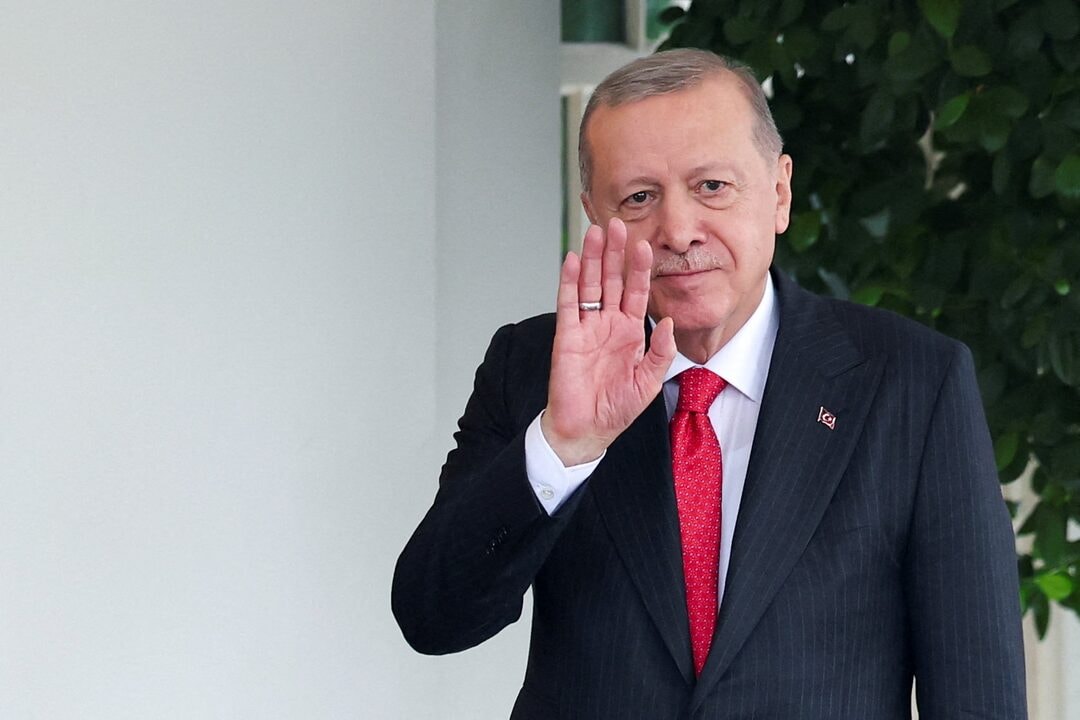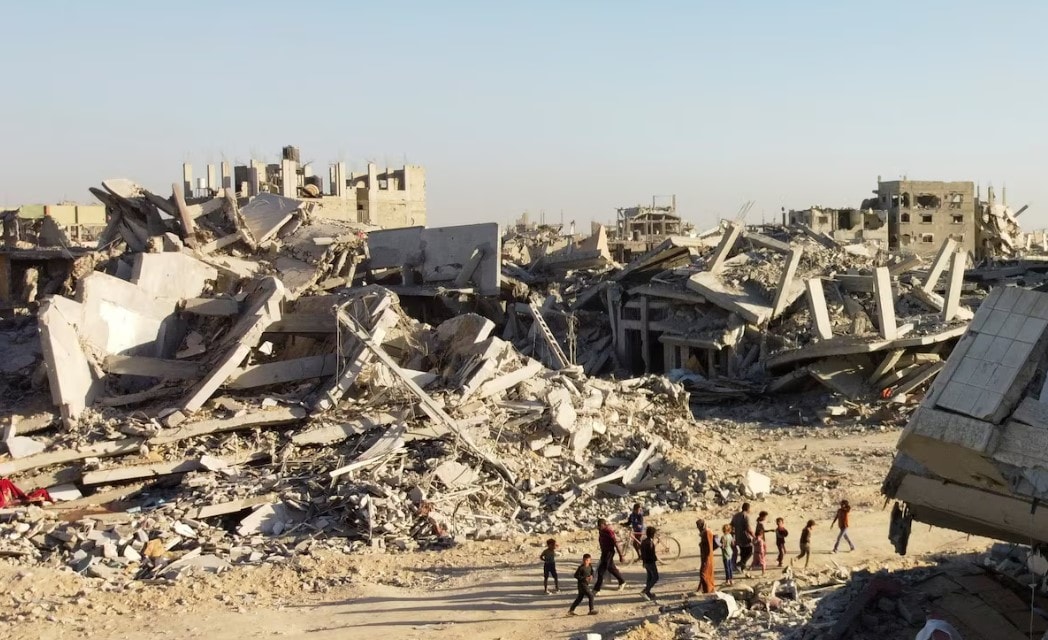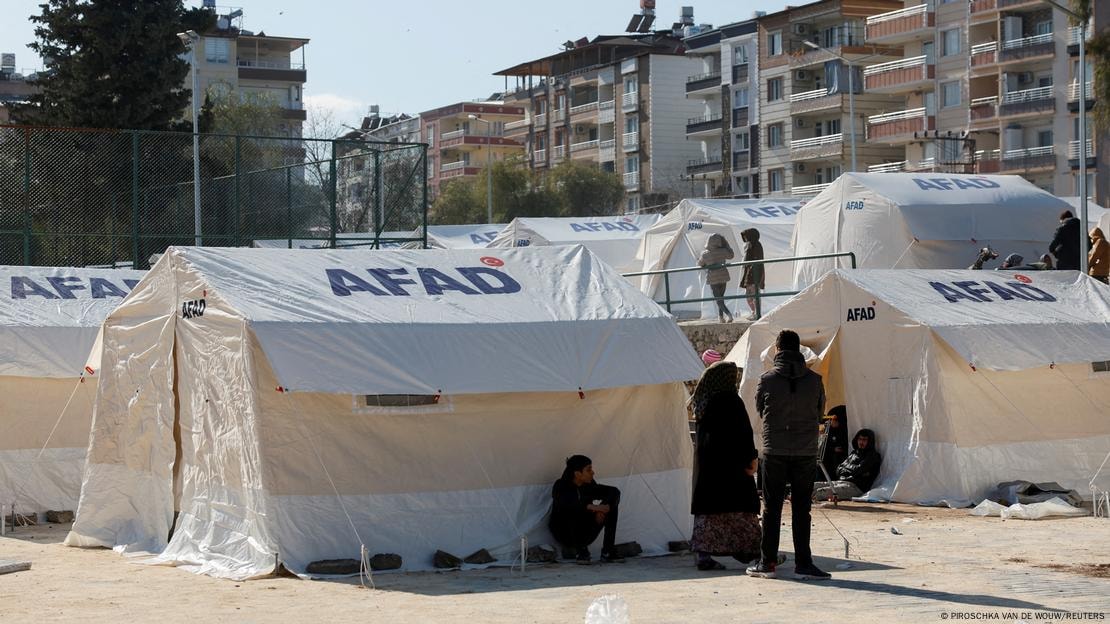From a 'marginalized' position, is Ankara about to take on a new role in Gaza?
Despite strong opposition from Israel, US President Donald Trump remains determined to bring Türkiye to the negotiating table for a ceasefire in Gaza. This move immediately propelled Ankara from a marginalized position to a central stakeholder, capable of shaping the future of the region. What is Washington's move, and what strategic calculations is President Recep Tayyip Erdogan making regarding Türkiye's new role?
Deep-seated conflict between the US and Israel.

In the complex diplomatic landscape of the Middle East, according to DW, Turkish President Recep Tayyip Erdogan appears to be a particularly favored figure by his American counterpart, Donald Trump. For weeks, Trump has consistently spoken favorably of the 71-year-old Turkish leader. At the crucial meeting on the Gaza ceasefire, held in the Egyptian resort of Sharm el-Sheikh in mid-October, Trump seated President Erdogan in the front row. He was one of the few leaders (along with the US, Egypt, and Qatar) to sign the joint statement supporting the ceasefire. Once again, Trump emphasized his sentiment that Erdogan is "a good friend."
Washington's warm attitude toward Ankara stands in stark contrast to Israel's cold, even hostile, stance. U.S. Vice President JD Vance, during a recent visit to Israel, echoed Trump's sentiments. Vance noted that Turkey has "played a very constructive role" in resolving the Middle East conflict so far and expects this to continue. This places the U.S. in stark opposition to Israeli Prime Minister Benjamin Netanyahu and his cabinet. Tel Aviv holds a far more negative view of Erdogan, primarily due to his perceived close ties to Hamas and his constant, harsh criticism of Israel's conduct in the Gaza Strip.
This rift became apparent during a joint press conference between Netanyahu and Vance on October 22nd. When asked whether Turkish troops might become part of an "international stabilizing force" in Gaza, Netanyahu replied: "I have a very strong position on that. Do you want to guess what it is?" The message was clear: Israel does not want to see any Turkish soldiers inside Gaza.
The Turkish-Israeli relationship has, in fact, deteriorated significantly over the past two years. Ankara accuses the Israeli government of "genocide" in Gaza. In response, Israeli politicians, particularly far-right ministers in Netanyahu's government, have frequently used rhetoric against Turkey. Israel has also accused Turkey of harboring Hamas members. While Turkey acknowledges the presence of Hamas members (some as a result of previous prisoner exchanges with Israel) and that others regularly visit, Ankara denies that Hamas has established an official office in the country.

Risks and their practical role
Amidst escalating tensions between two key US allies, the question arises: Why did Trump drag Turkey into the game, despite Israeli opposition? Hakki Tas, a researcher specializing in Turkey and Egypt at the German Institute for Global and Regional Studies (GIGA), told DW that this is the result of Ankara's shrewd strategic positioning. According to him, President Trump wants to resolve the Gaza issue with the lowest possible military and economic cost for the US. And the Turkish government is "one of the few actors who can both indirectly pressure Netanyahu... and simultaneously influence Hamas." While the US already has Qatar, home to Hamas's political leadership, as a negotiating partner, Türkiye's role is more balanced and multifaceted.

Beyond its strategic position, Türkiye possesses undeniable practical capabilities: As a NATO member with close ties to the West, Ankara plays a key military role in the region. Furthermore, Turkey has extensive experience in providing humanitarian aid and logistical support for reconstruction in the Gaza Strip. It possesses professional relief organizations such as the government's Disaster and Emergency Management Agency (AFAD) and the Turkish Red Crescent, which have considerable experience in dealing with disasters and displacement. In terms of reconstruction capabilities, Turkish construction companies are among the largest in the world, many of which have benefited from generous government contracts under President Erdogan over the past two decades.
Participation in the Gaza peace process offers President Erdogan enormous geopolitical and domestic benefits. Analyst Hakki Tas explains that this move gives Erdogan "geopolitical influence," particularly in relation to a weakening Hamas and a dwindling Israeli support base. Erdogan has moved from a "marginal" position to a "central figure." This brings prestige and, importantly, garners pro-Palestinian sentiment from his domestic supporters. Burak Yildirim, a Turkish security expert, argues that the potential deployment of Turkish troops to Gaza would be a "major domestic and political victory" for Erdogan. It would bolster the argument for the effectiveness of the Turkish government's foreign policy. For hardliners in Turkey, such a deployment would be immensely significant.
However, there was another pragmatic calculation at play. Following the Hamas attacks on October 7, 2023, and Israel's retaliatory military campaign, Erdogan faced immense pressure from voters regarding Türkiye's trade relations with Israel. Yildirim believed that Erdogan genuinely did not want to put his economically struggling government to the test again on this issue. This implied that Erdogan may have shown a willingness to compromise with Trump economically (with Israel) in exchange for a central political role in the Gaza issue.
Despite being given the "red carpet" by the US, Türkiye's future role remains fraught with risks and limitations. Expert Burak Yildirim frankly states that Türkiye cannot unilaterally bring about a solution to the Israeli-Palestinian conflict, especially when it comes to a two-state solution. Instead, what Turkey can do is "bring the conflicting parties and other stakeholders to the negotiating table." Even this mediating role is fragile. There are too many potential "fault lines": potential disagreements with Egypt, the limited approach of the US Congress in dealing with Erdogan, and even internal divisions within Hamas. All of these could dilute Turkey's influence. This is why, it is predicted, Türkiye will focus primarily on humanitarian and logistical issues in Gaza. Political and military issues are considered too high a risk for Ankara at this time.



